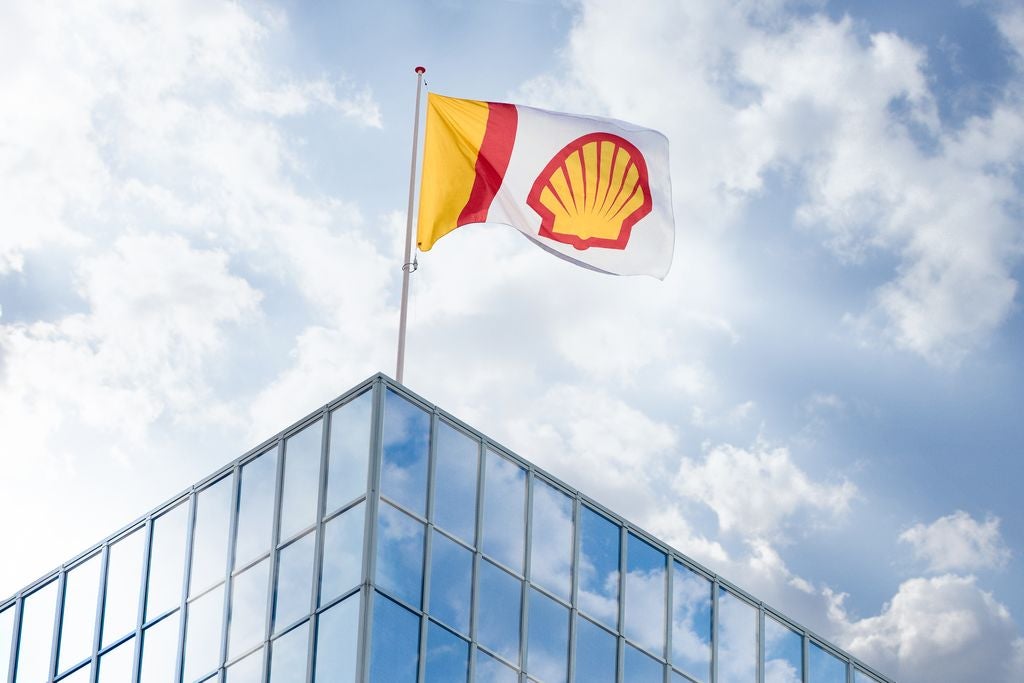
Shell has announced plans to increase its dividend payout and reduce future spending in a bid to “simplify” the business. The company announced a series of changes as part of its capital markets day on Wednesday. Shell and other oil majors had record profits for 2022.
Dividend per share will increase by 15% from the second quarter this year. Shareholder distribution will increase to 30–40% of operational cash flow from 20–30% previously. The move comes as CEO Wael Sawan seeks to retain investor confidence.

Discover B2B Marketing That Performs
Combine business intelligence and editorial excellence to reach engaged professionals across 36 leading media platforms.
“We are investing to provide the secure energy customers need today and for a long time to come, while transforming Shell to win in a low-carbon future. Performance, discipline and simplification will be our guiding principles as we allocate capital to enhance shareholder distributions, while enabling the energy transition,” said Sawan in a statement.
Capital spending will be reduced to $22–25bn per year for 2024 and 2025, down from a planned $23–27bn in 2023. Annual operating cost should be reduced by $2–3bn by the end of 2025.
“Performance, discipline and simplification will be our guiding principles,” said Sawan. The CEO, who took office in January, has promised to focus on closing the valuation difference between Shell and its top competitors.
Prior to Wednesday’s announcement, there was speculation that Shell may reverse course on a previous commitment to allow oil production to decline. Production is now intended to remain at current levels until 2030.

US Tariffs are shifting - will you react or anticipate?
Don’t let policy changes catch you off guard. Stay proactive with real-time data and expert analysis.
By GlobalDataShell said that keeping production at current rates for longer will generate more income from its oil division for longer.
The UK-based company has faced criticism from climate activists and shareholders who would like to see more ambitious climate targets from the oil major. Competitor BP announced earlier this year that it is backtracking on its climate targets, now promising to reduce its carbon emissions by 20–30% by 2030 rather than its previous target of 35–40%.
Shell plans to keep expanding its integrated gas business as well as investing in hydrogen and carbon capture, it said on Wednesday. It has committed to cutting scope 1 and 2 emissions by 50% by 2030, and the carbon intensity of the energy products it sells by 20% by 2030.





